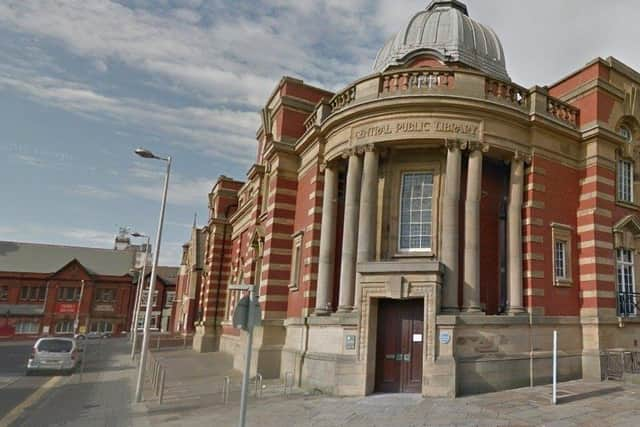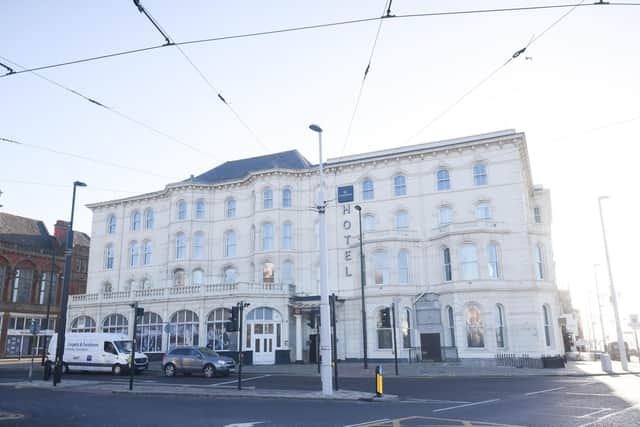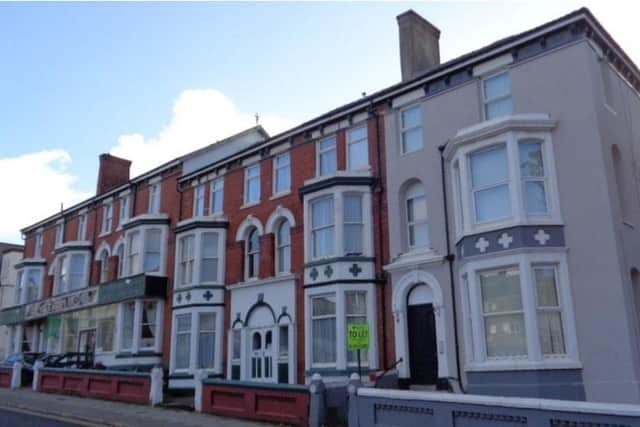Action to be taken to protect Blackpool's historic streets
and live on Freeview channel 276
Areas such as Queen Street, Birley Street and parts of Church Street have been highlighted as having suffered from lack of conservation in recent times.
A council report warns “Queen Street has been particularly badly affected” while “Birley Street has also suffered from irreversible loss of historic buildings”.
Advertisement
Hide AdAdvertisement
Hide Ad

It adds: “It is clear that there has been a high degree of incremental change over the years across the Conservation Area which has eroded historic character.”
This includes modern shop fronts out of keeping with their historic upper floors, a proliferation of badly designed unauthorised signage, poorly designed infill development and the loss of original joinery.
Now the council has formally adopted a Town Centre Conservation Area Management Plan to bolster its control of development including through planning powers.
The report says while key historic buildings have been retained, if the other issues are not addressed “the Conservation Area is in danger of becoming at risk if ongoing loss of character”.
Advertisement
Hide AdAdvertisement
Hide Ad

The Conservation Area stretches from Central Promenade to Topping Street and parts of Caunce Street, and from Springfield Road to Adelaide Street.
As well as key landmarks such as the Grade I listed Tower, it covers many smaller but historic landmarks such as Central Library, the Stanley Buildings and the former Woolworth’s building with its clock tower.
The report says: “Besides being a tool for preserving historic character, Conservation Area designation also presents an opportunity to enhance those parts of the area which have been subject to unsympathetic change, both incremental and large scale.
“Queen Street has been particularly badly affected, despite forming the setting for the Grade II Central Library and Grundy Art Gallery.
Advertisement
Hide AdAdvertisement
Hide Ad

“Birley Street has also suffered from irreversible loss of historic buildings and Church Street has poorly designed infill west of St John’s Square.
“Badly designed unauthorised signage is a problem across the whole of the Conservation Area.
“For the time being enhancements will be sought through the development management system for the majority of the Conservation Area, although more targeted intervention in the form of a grant-aided scheme may be the needed in the future if the opportunity arises.”
Investment through the Quality Corridors Scheme has already enabled the creation of new traditionally designed shop fronts which has improved the look of properties including on Deansgate, Topping Street and Edward Street.
Advertisement
Hide AdAdvertisement
Hide AdThe western part of the Conservation Area is dominated by important historic buildings around Talbot Square.
These include the Grade II* Cenotaph and the Town Hall, North Pier and theClifton Hotel, which are all listed Grade II.
The Clifton Hotel (now operating as Forshaw’s Hotel), together with the locally listed Metropole Hotel, provided some of the first purpose-built accommodation in Blackpool for visitors.
Other important public buildings in the town centre include Central Library and the Grundy Art Gallery (Grade II), the former Odeon Cinema which now operates as Funny Girls (Grade II), Abingdon Street Post Office (Grade II), St John’s Parish Church (Grade II), Sacred Heart RC Church Grade II*),Grand Theatre (Grade II*) and the Winter Gardens (Grade II*), together with 11 Grade II listed telephone kiosks on Abingdon Street.
